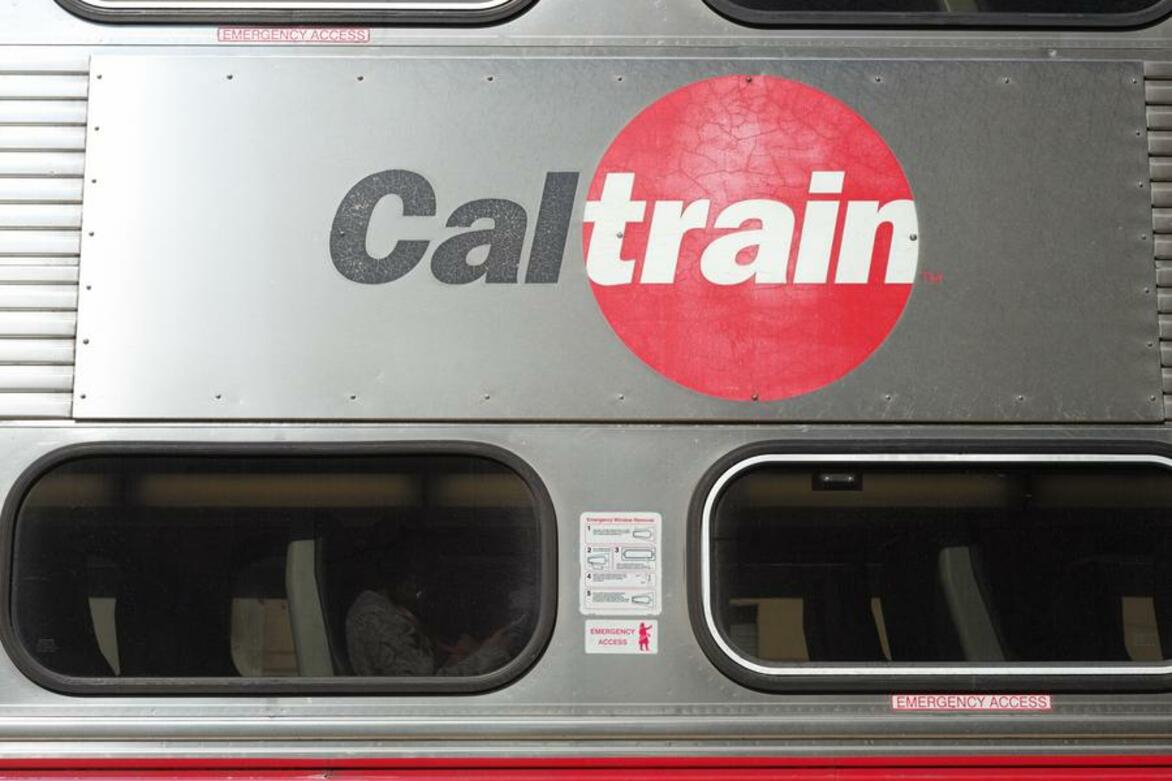California sues Trump administration after it pulls high-speed rail funding
Xinhua
18 Jul 2025

California Governor Gavin Newsom announced a lawsuit against the Trump administration for rescinding 4 billion U.S. dollars in federal funding for the state's high-speed rail project, amid ongoing political tensions and disputes over the project's viability and progress.
WASHINGTON, July 18 (Xinhua) -- U.S. State of California Governor Gavin Newsom announced Thursday that the state is suing President Donald Trump's administration after it rescinded 4 billion U.S. dollars in federal funding for California's high-speed rail project.
Newsom criticized the decision as "petty" and a "political retribution," calling it "a heartless attack on the Central Valley that will put real jobs and livelihoods on the line."
"We're suing to stop Trump from derailing America's only high-speed rail actively under construction," he added.
The move follows Trump's remarks on social media: "Not a SINGLE penny in Federal Dollars will go towards this Newscum SCAM ever again."
U.S. Transportation Secretary Sean Duffy confirmed the termination the same day, calling the rail project "the definition of government incompetence and possibly corruption."
Newsom then responded on social media, saying, "Won't be taking advice from the guy who can't keep planes in the sky," referencing recent aviation safety issues under Duffy's leadership.
STATE PUSHES BACK
State officials have repeatedly maintained that the project is on track. The California High-Speed Rail Authority (CHSRA) highlighted the completion of major infrastructure work, including 35 kilometers of earthworks and 11 bridge structures.
"The authority strongly disagrees with the Federal Railroad Administration (FRA)'s conclusions, which are misguided and do not reflect the substantial progress made to deliver high-speed rail in California," a spokeswoman said in a statement.
Earlier this month, authority officials said in a letter that the Trump administration had pre-decided to revoke funding without a thorough review.
"Canceling these grants without cause isn't just wrong -- it's illegal," CHSRA CEO Ian Choudri said in a statement Wednesday. "These are legally binding agreements, and the authority has met every obligation, as confirmed by repeated federal reviews, as recently as February 2025."
The authority added that 171 miles (about 275 kilometers) of the project are currently under active construction and design, with over 15,000 jobs created to date.
However, according to The New York Times, even if a future administration restores funding, it could take years to reissue contracts for critical infrastructure like trains and electrical systems, further delaying completion.
LONG-TROUBLED PROJECT
The California high-speed rail project aims to connect San Francisco and Los Angeles with a train covering the route in about two hours and 40 minutes. A second phase would eventually extend the line to Sacramento and San Diego, according to its official website.
Initially approved by voters in 2008, the project has faced delays, rising costs and repeated revisions. According to the Department of Transportation, the entire project was supposed to be completed by 2020 and cost 33 billion dollars. The agency then estimated the total cost of the project is now over 100 billion dollars.
Trump and Duffy both have slammed the project as a "train to nowhere."
"This project was Severely Overpriced, Overregulated, and NEVER DELIVERED," Trump wrote on Truth Social.
Louis Thompson, who previously led the state's peer review panel for the project, said, "I don't think we are going to see electric trains running on track from Merced to Bakersfield for a long, long time ... not in 10 years with no federal money."
So far, less than a quarter of the project's funding has come from the federal government, with the rest sourced mainly from state-issued bonds and California's cap-and-trade program, local media reported.
But losing federal support could significantly impact progress. "Having this money taken away could potentially mean that they won't be able to continue to construct it, at least at anywhere near the pace and scale they've been at," said Ethan Elkind, climate program director at the UC Berkeley School of Law.
Federal officials have questioned the project's viability. FRA's acting administrator Drew Feeley, described the effort as "a story of broken promises" in a report last month.
Diana Furchtgott-Roth, a deputy assistant secretary for research at the Transportation Department during Trump's first term, said that the system, if it is ever built, had no hope of being profitable and that people were not likely to want to use it.
"They prefer driving," she said.
ESCALATING TENSIONS
The lawsuit marks another chapter in the tensions between the Trump administration and California's leadership.
The rift deepened after January, when Trump clashed with Newsom over deadly wildfires near Los Angeles. He claimed California's environmental policies were to blame for dry hydrants and later wrote that Newsom should resign.
During his presidency, Trump has challenged several California policies, including its climate regulations, university admissions and transgender protections in sports.
Stanford law professor David Freeman Engstrom told The New York Times that while the political tensions between Trump and Newsom may have influenced the funding decision, it may not be enough to sway a court.
If California argues that the termination is "just an effort to get back at Governor Newsom, an enemy of the administration, I'm not sure that a court's going to be willing to credit that argument here," he said.
"By returning to the high-speed rail issue, Trump is once again lifting up a powerful symbol that liberal California is the problem, not the solution," Engstrom added.
California previously challenged a similar funding cut in 2019 and succeeded in restoring a 929 million-dollar grant after the Joe Biden administration settled the lawsuit in 2021, local media reported.
